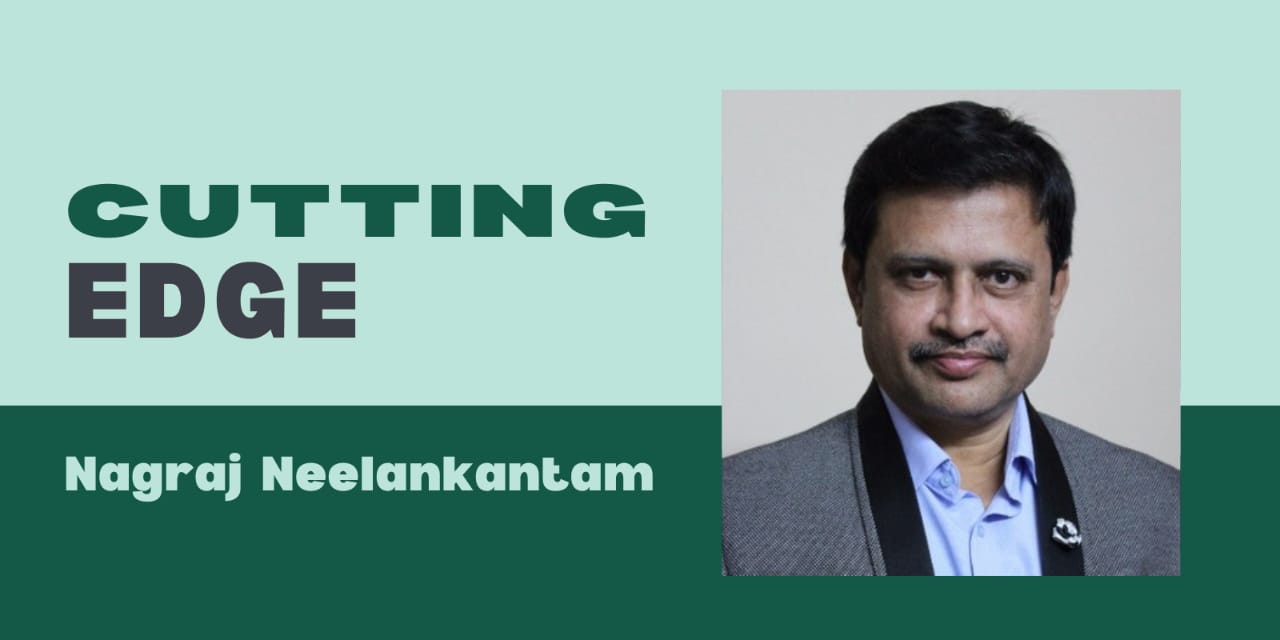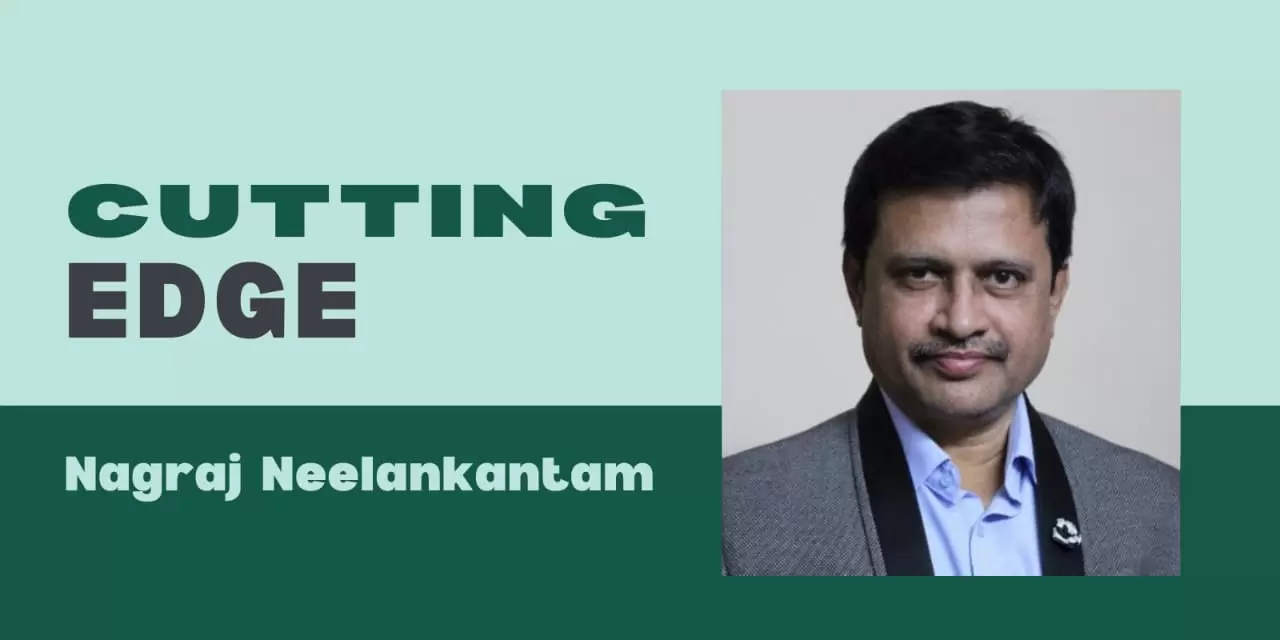In an age where borders blur into digital abstractions and wars of ideology spill into daily life, intelligence agencies have become the mythmakers of our time. Among them, Mossad—Israel’s fabled spy network—appears to have quietly entered one of the world’s most combustible zones: Pakistan. This is not mere espionage theatre, but a window into the reshaping of global power and the dark pulse of modern geopolitics.
The Gaza war of October 7, when Hamas unleashed a brutal assault on Israel, has transformed far more than the Middle East. Its aftershocks now rattle South Asia, where new alliances and hostilities are being forged. Intelligence reports suggest that Hamas operatives, seeking refuge and reinvention, have found common cause in Pakistan—particularly in the lawless expanse of Pakistan-Occupied Kashmir (POK). There, the ideological and tactical merger of Hamas with local terror outfits like Jaish-e-Mohammed and Lashkar-e-Taiba is creating a dangerous hybrid.
The movements of senior Hamas leader Khalid Qaddoumi through Pakistan since 2023 add chilling substance to these reports. His presence and the alleged training of militants in Gaza-style combat suggest a deliberate transfer of expertise. What began as an isolated conflict in West Asia now mutates into a broader jihadist front stretching from the Mediterranean to the Himalayas.
The echoes of this union are already visible in Kashmir, where terror tactics increasingly mirror Hamas’s gruesome playbook—religious profiling, hostage-taking, and targeted killings. The slogan “Palestinian-Kashmiri Mujahideen Unite” has moved from rhetoric to reality, transforming the valley into a testing ground for a new wave of ideological warfare.
To grasp the roots of this unholy alliance, one must look deep into Pakistan’s psyche—a nation perpetually balancing between military control and religious fanaticism. Radical Islam, far from being a rogue element, has long been institutionalized as a political adhesive. It provides the Pakistani establishment with legitimacy at home and leverage abroad, allowing the army to justify its dominance, maintain social cohesion, and manipulate global jihadist networks for strategic gain.
In this perverse calculus, terror becomes not a crisis to be solved but a currency to be traded. The reported support to Hamas and other extremist factions is an extension of this doctrine. And when such ideologies begin to intersect with nuclear ambition—especially amid reports of missing Pakistani scientists allegedly aiding Iran’s nuclear project—the implications for regional and global security become deeply unsettling.

For India, the consequences are immediate and grave. The cross-pollination of terror tactics between Hamas and Pakistani groups presents a new dimension of threat—sophisticated, unpredictable, and ideologically charged. Kashmir, long bleeding from cross-border terrorism, now risks becoming a laboratory for advanced asymmetric warfare.
In this shadowy chessboard, whispers abound of Mossad’s covert footprint in Pakistan—eliminating threats, gathering intelligence, and pre-empting attacks. Whether real or exaggerated, such operations expose a deeper question: can India afford to remain a reactive state in a world that rewards strategic audacity? Israel’s doctrine of proactive deterrence—swift, precise, and ruthless—has kept existential threats at bay for decades. It may well serve as a model for India’s evolving national security posture.
Yet this is not merely about military readiness; it’s about mindset. The comfort of incrementalism—waiting for proof, consensus, or diplomatic clearance—has long constrained Indian policy. As adversaries evolve, so must the nation’s defensive imagination. The lesson from Israel’s example is not aggression for its own sake, but preparedness without apology.
Meanwhile, Pakistan’s internal fractures continue to widen. Ethnic groups like the Baloch, Sindhi, and Pashtun grow restless under Punjabi dominance, while the rhetoric of jihad remains the only thread holding the fabric together. It is a dangerous glue—binding in the short term, but destined to tear under its own contradictions.
The stakes, therefore, extend beyond the immediate theatre of conflict. The convergence of ideology, technology, and nuclear ambition has created a volatile triangle from Tehran to Islamabad to Kashmir. For India, vigilance must now transcend military vigilance—it must become civilizational.
As Sanatani philosophy reminds us, dharma is not just faith but disciplined awareness. National security, in that sense, is not merely about defending borders but preserving the moral and psychological integrity of a people.
The shifting sands of Pakistan’s politics, the encroachment of foreign terror networks, and the silent moves of agencies like Mossad all signal one truth: the age of passive defense is over. India must prepare not just to respond—but to pre-empt, outthink, and outlast. Peace, in this era, belongs only to the vigilant.





